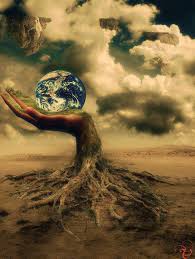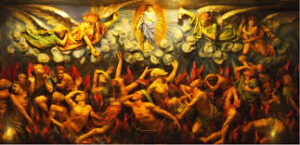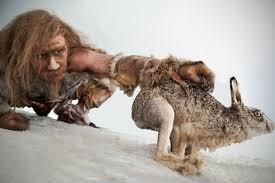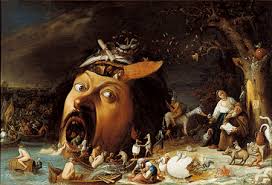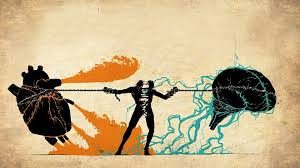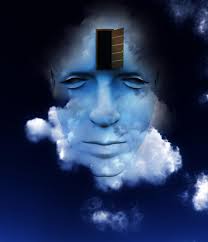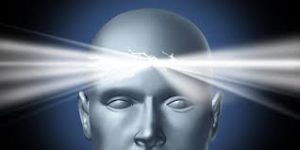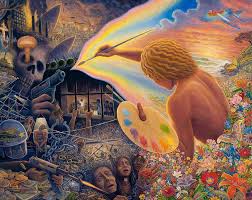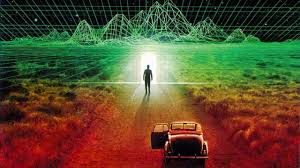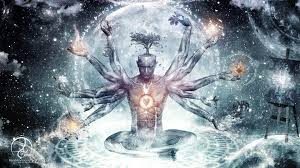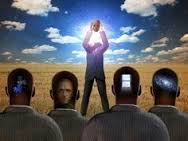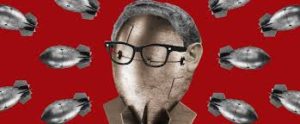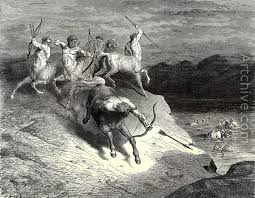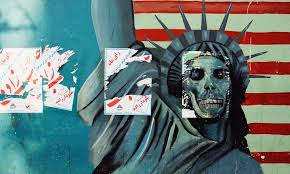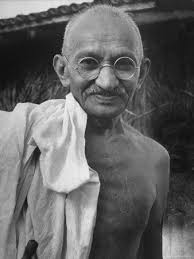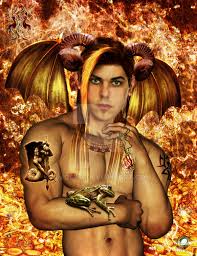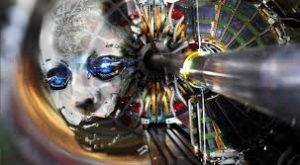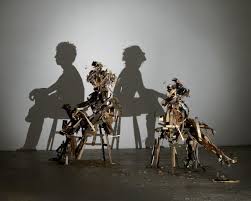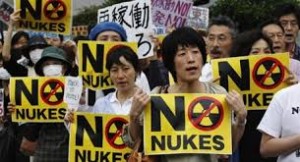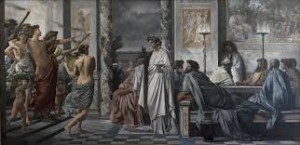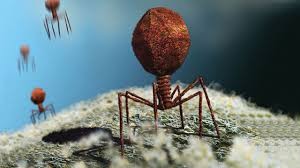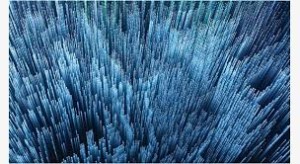When I speak of natural law, I am not referring to the scientists’ laws of nature, such as the law of gravity, for example — which is not a law at all, but a manifestation appearing from the viewpoint of a certain level of consciousness as a result of perceptive apparatus. Our “prejudiced perception” is also built into our instruments in that regard.
I am speaking of the inner laws of nature, that pervade existence. What we call nature refers of course to our particular experience with reality, but quite different kinds of manifestations are also “natural” outside of that context. The laws of nature that I am in the process of explaining underlie all realities, then, and form a firm basis for multitudinous kinds of “natures.” I will put these in terms of reference, however.
Each being experiences life as if it were at life’s center. This applies to a spider in a closet as well as to any man or woman. This principle applies to each atom as well. Each manifestation of consciousness comes into being feeling secure at life’s center — experiencing life through itself, aware of life through its own nature. It comes into being with an inner impetus toward value fulfillment. It is equipped with a feeling of safety, of security within its own environment with which it is fit to deal. It given the impetus toward growth and action, and filled with the desire to impress its world.
The term “value fulfillment” is very difficult to explain but it is very important. Obviously it deals with the development of values — not moral values, however, but values for which we really have no adequate words. Quite simply, these values have to do with increasing the quality of whatever life the being feels at its center. The quality of that life is not simply to be handed down or experienced, for example, but is to be creatively added to, multiplied, in a way that has nothing to do with quantity.
In those terms, animals have values, and if the quality of life of their lives disintegrates beyond a certain point, the species dwindles. We are not speaking of survival of the fittest, but the survival of life with meaning. Life is meaning for animals. The two are indistinguishable.
We say little, for example, if we note that spiders make webs instinctively because spiders must eat insects, and that the best web-maker will be the fittest kind of spider to survive. It is very difficult for me to escape the sticky web of our beliefs. The web, however, in its way represents an actualized ideal on the spider’s part — and if you will forgive the term, an artistic one as well. It amazes the spiders that flies so kindly fall into those webs. We might say that the spider wonders that art can be so practical.
What about the poor unsuspecting fly? Is it then so enamored of the spider’s web that it loses all sense of caution? For surely lies are the victims of such nefarious webby splendors. We are into sticky stuff indeed.
For one thing, we are dealing with different kinds of consciousness that our own. They are focused consciousnesses, surely, each one feeling itself at life’s center. While this is the case, however, these other forms of consciousness also identify then with the source of nature from which they emerge. In a way impossible to explain, the fly and the spider are connected, and aware of the connection. Not as hunter and prey, but as individual participants in deeper processes. Together they work toward a joint kind of value fulfillment, in which both are fulfilled.
There are communions of consciousness of which we are unaware. While we believe in theories like the survival of the fittest, however, and the grand fantasies of evolution, then we put together our perceptions of the world so that they seem to bear out those theories. We will see no value in the life of a mouse sacrificed in the laboratory, for example, and we will project claw-and-fang battles in nature, completely missing the great cooperative venture that is involved.
Men and women can become deranged if they believe life has no meaning. Religion has made gross errors. At least it held out an afterlife, a hope of salvation, and preserved — sometimes despite itself — the tradition of the heroic soul. Science, including psychology, by what it has said, and by what it has neglected to say, has come close to a declaration that life itself is meaningless. This is a direct contradiction of deep biological knowledge, to say nothing of spiritual truth. It denies the meaning of biological integrity. It denies man and woman the practical use of those very elements that he or she needs as a biological creature: the feeling that he or she is at life’s center, that he/she can act safely in his or her environment, that he or she can trust himself or herself, and that his or her being and his/her actions have meaning.
Impulses provide life’s guide to action. If we are taught that we cannot trust our impulses, then we are set against our very physical integrity. If we believe that our life has no meaning, then we will do anything to provide meaning, all the while acting like a mouse in one of science’s mazes — for our prime directive, so to speak, has been tampered with.
I am trying to temper my statements here, but our psychology of the past 100 years has helped create insanities by trying to reduce the great individual thrust of life that lie within each person, to a generalized mass chaotic impulses and chemicals — a mixture, of Freudian and Darwinian thought misapplied.
The most private agonies of the soul were assigned a more or less common source in man’s and woman’s primitive “unconscious” drives. The private unequalled thrust toward creativity were seen as the unbalanced conglomeration of chemicals within a person’s most private being — a twist of perversity. Genius was seen as a mistake of chromosomes, or the fortunate result of a man’ or woman’s hatred for his or her father. The meaning of life was reduced to the accidental nature of genes. Science thought in terms of averages and statics, and each person was supposed to fit within those realms.
To some extent, this also applies to religion in the same time period. Churches wanted sinners galore, but shied away from saints, or any extravagant behavior that did not speak of man’s and woman’s duplicity. Suddenly people with paranoid characteristics, as well as schizophrenics, emerged from the wallpaper of this slickly styled civilization. The characteristics of each were duly noted. A person who feels that life has no meaning, and that his or her life in particular has no meaning, would rather be pursued than ignored. Even the weight of guilt is better than no feeling at all. If the paranoid might feel that he or she is pursued, by the government or “ungodly powers,” then at least he or she feels that his or her life must be important: otherwise, why would others seek to destroy it? If voices tell him or her he or she is to be destroyed, then these at least are comforting voices, for they convince him or her that his or her life must have value.
At the same time, the paranoid person can use his or her creative abilities in fantasies that seemingly boggle the minds of the sane — and those creative abilities have a meaning, for the fantasies, again, serve to reassure the paranoid of his or her worth. If in our terms he or she were sane, he or she could not use his or her creative abilities, for they are always connected with life’s meaning; and sane, the paranoid is convinced that life is meaningless. It did little good in the past for Freudian psychologists to listen to a person’s associations while maintaining an objective air, or pretending that values did not exist. Often the person labeled schizophrenic is so frightened of his or her own energy, impulses, and feelings that these are fragmented, objectified, and seen to come from outside rather than from within.
Ideas of good and evil are exaggerated, cut off from each other. Yet here again the creative abilities are allowed some expression. The person does not feel able to express them otherwise. Such people are afraid of the brunt of their own personalities. They have been taught that energy is wrong, that power is disastrous, and that the impulses of the self are to be feared.
What protection, then, but to effectively project these outside of the self — impulses of good as well as evil — and hence effectively block organized action?
The term schizophrenia, with the authority of psychology, becomes a mass coverall in which the integrity of personal meaning is given a mass, generalized explanation. Those who are paranoid are, unfortunately, those who most firmly believe the worst idiocies of science and religion. The paranoid and the schizophrenic are trying to find meaning in a world they have been taught is meaningless, and their tendencies appear in lesser form throughout society.
Creativity is an in-built impetus in man and woman, far more important than, say, what science calls the satisfaction of basic needs. In those terms, creativity is the most basic need of all. I am not speaking here of any obsessive need to find order — in which case, for example, a person might narrow his or her mental and physical environment — but of a powerful driver within the species for creativity, and for the fulfillment of values that are emotional and spiritual. And if man or woman does not find these, then the so-called basic drives toward food or shelter will not sustain him or her.
I am not simply saying that man or woman does not live for bread alone. I am saying that if man or woman does not find meaning in life he or she will not live, bread or no. He or she will not have the energy to seek bread, nor trust his or her impulse to do so.
There are natural laws, then, that guide all kinds of life, and all realities — laws of love and cooperation — and those are the basic needs of which I am speaking.
